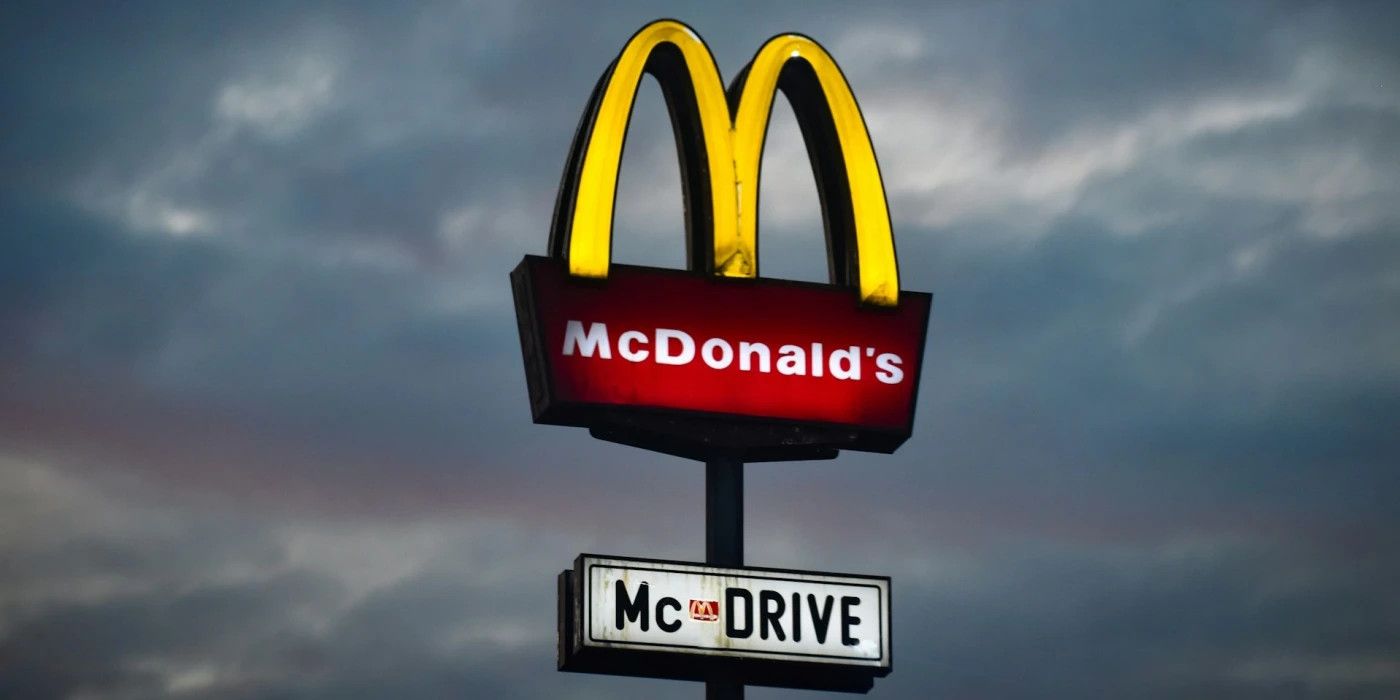Despite successive overspends and “record levels of investment” in the NHS over the last fifteen years, waiting lists have soared and infrastructure needs have not been met, as the Darzi Report has shown. The current model isn’t suitable for sustaining the NHS in the long term and reform must be made. If we investigate our more successful education system, we find that making reforms from international comparisons produces better outcomes.
Applying this practice to the NHS, but with corporate comparisons, effective reforms can be made to innovate the health service. This policy idea does not advocate for privatisation but for adopting practices by the world's fastest service deliverer, multinational corporation McDonald’s, to streamline services, reduce waste and improve patient experience.
Inspired by George Ritzer’s concept of ‘McDonaldisation’, this policy idea (‘A McDonaldisation of Healthcare’) aims to call for positive changes through using its principles of efficiency (achieving goals quicker), calculability (emphasising measurable outcomes), predictability (standardising services) and control through technology (replacing human labour with technology where possible) to push for new systems to be adopted into the health service.
These initiatives and systems consist of...
An overhaul of technology and AI across the entire system to increase delivery and patient satisfaction while also lightening administrative workload: 45% of NHS staff reported in a survey that admin workload caused low team morale (Florence 2023). This revolution includes self-service kiosks that are integrated with the NHS App utilised with simple logins via a patient's biometrics or NHS number, undertaking AI-guided pre-triage questions based on NHS 111 logic and receiving real-time updates on their healthcare. Paired with AI tools for repeat prescriptions, scheduling routine appointments and automated test results and follow-ups, it gives both patients autonomy over their care, speeds up waiting times and gives staff more time to do what matters.
This parallels McDonald’s in their McDonald’s App ecosystem and self-service kiosks, using technology to save labour costs and focus on service delivery.
McDonald’s has approximately 1,400 restaurants in the UK reaching every corner of the country; this is something the NHS could take note of. An investment into mimicking McDonald’s scalability and replicable service units for high-frequency services that can be deployed to meet local needs, managed through central control and digital booking. High-frequency services include diagnostics, minor injuries and more. The BMJ claims that variation in hospitals care quality across departments can be harmful due to its inconsistency – potentially advocating for a form of relief, which modular units could play part in. This direct form of care could deliver greater patient satisfaction, less burden on hospitals and provide types of care that GP surgeries can’t.
The policy idea proposes numerous reforms to boost efficiency within the service, but it’s important to emphasise that staff must be treated with empathy and be considered when making decisions. Rather than replacing staff with AI, jobs should be redesigned now they have been alleviated from some of their responsibilities to fill in other gaps within the healthcare system. AI will not have the final say in critical decisions, this will be held to humans to decide. Patients will not be excluded if they cannot use digital tools; guides would be provided to support patients in making that learning curve.
If the NHS is to survive another generation, it cannot rely on the current model that has overworked staff and consumes more public money than productivity output. Through adopting tried and tested ideas that make the service more efficient from comparing with McDonald’s, the NHS can thrive in the future without compromising its core public values.


